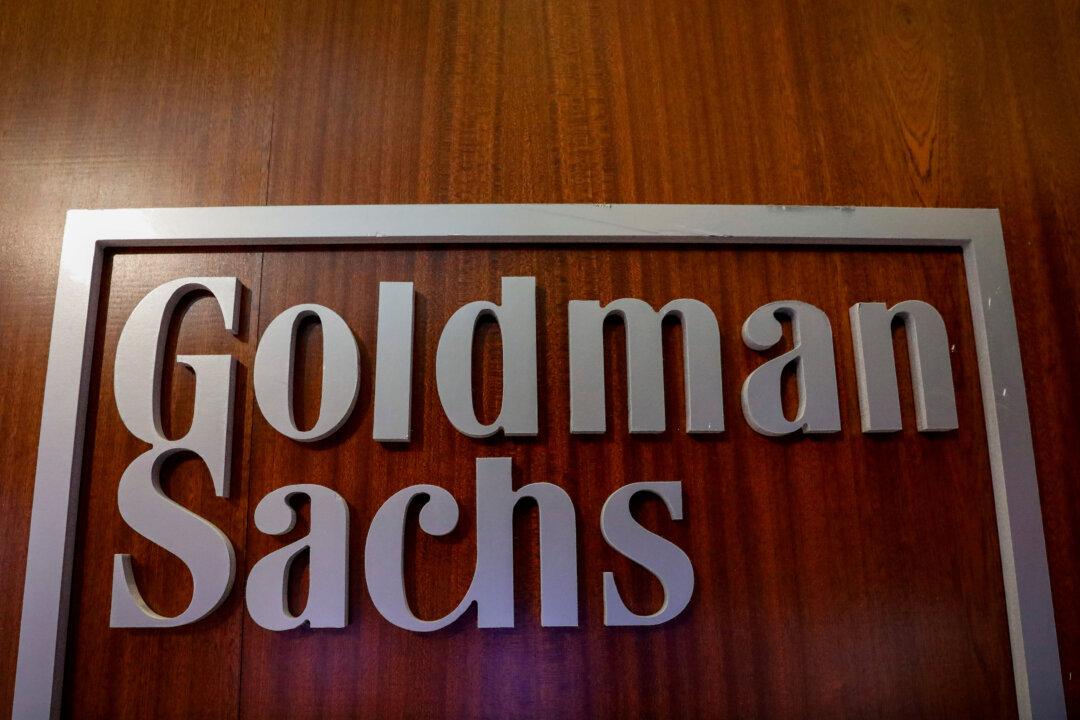Goldman Sachs Group Inc.’s profit fell nearly 13 percent and missed expectations on Tuesday as a less volatile equity market hurt trading business and dampened a bumper year for deals, sending the shares of Wall Street’s premier investment bank down 4 percent.
Bank earnings have been hurt this quarter by weak trading volumes as the Federal Reserve slowed the pace of its asset purchases after an 18-month period in which it pumped liquidity into capital markets to ease the impact of the COVID-19 pandemic.





